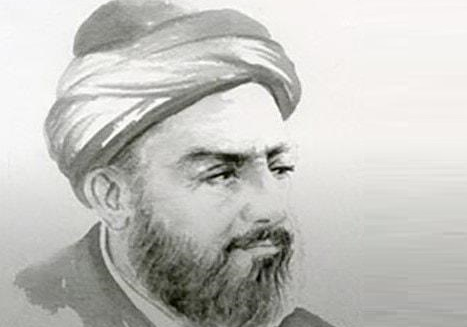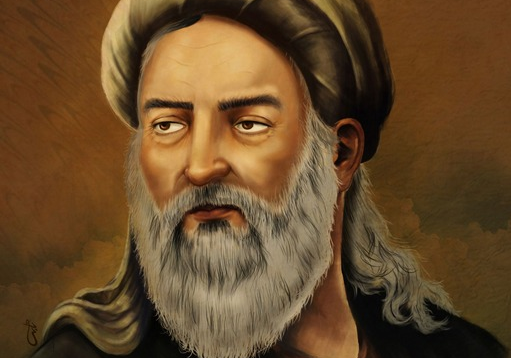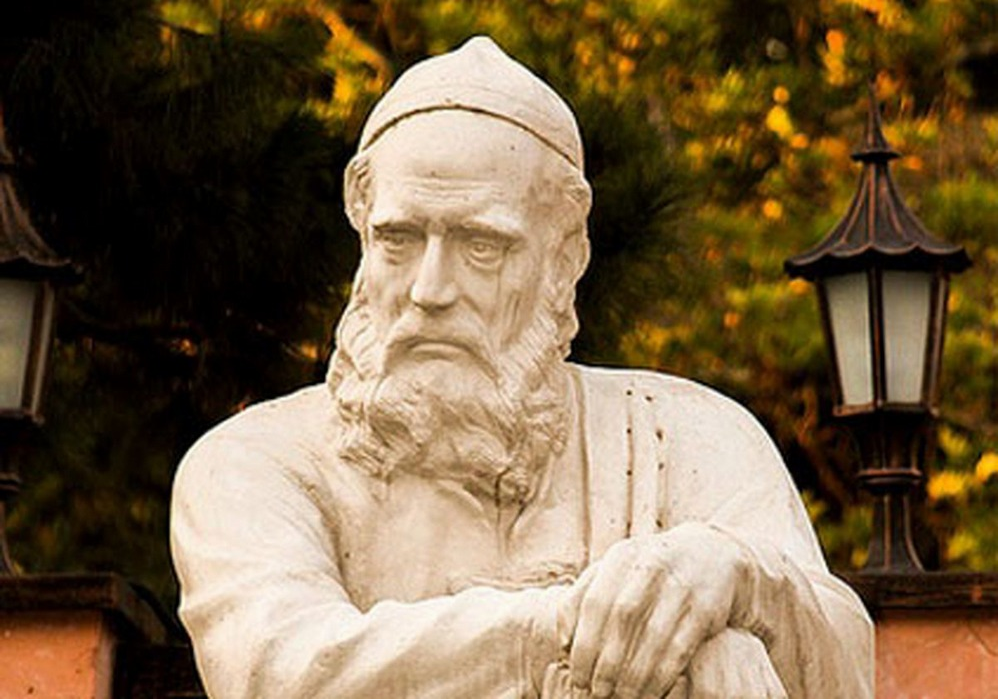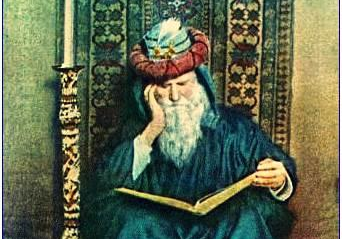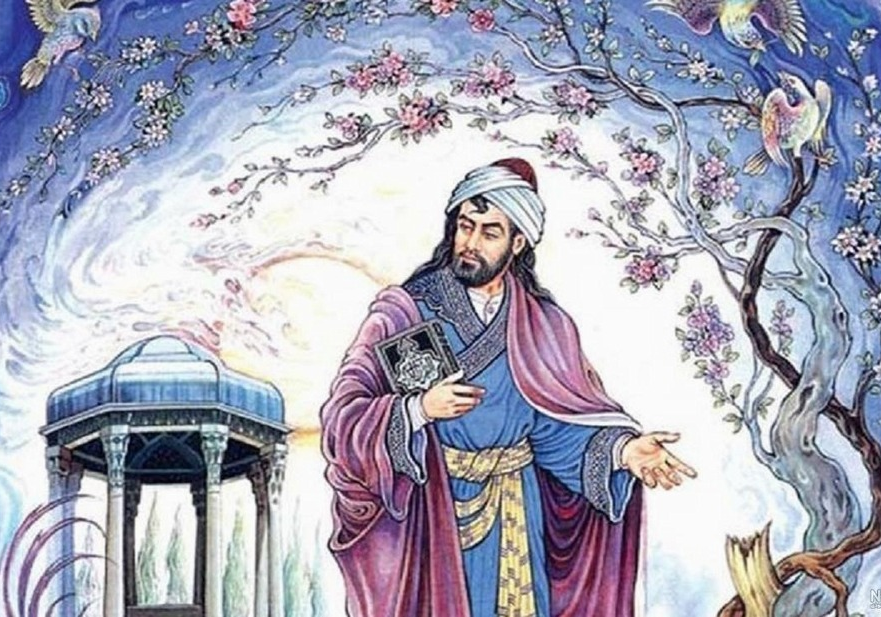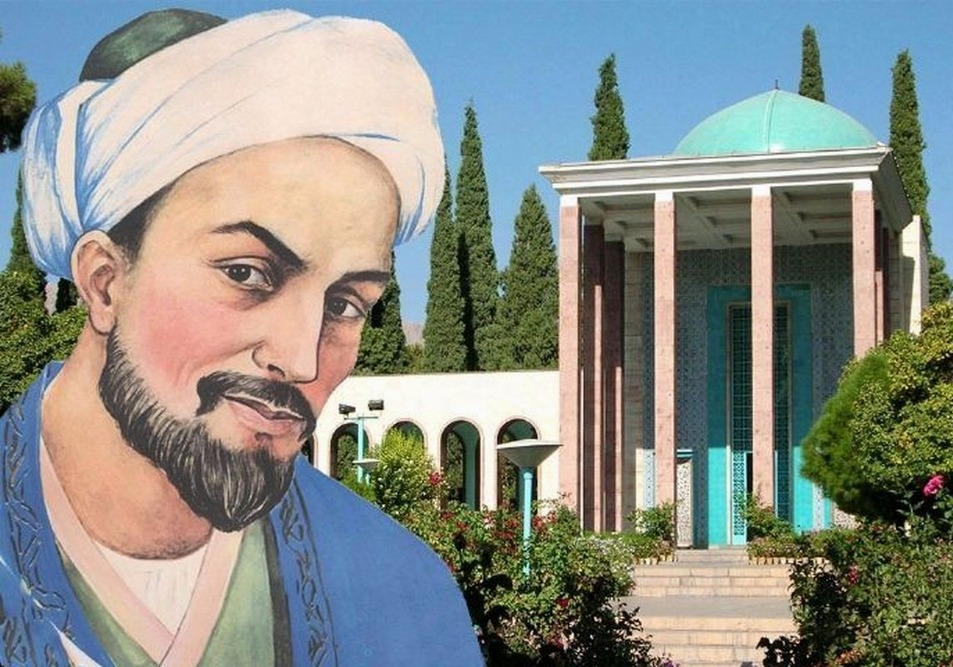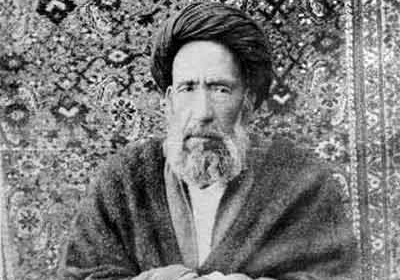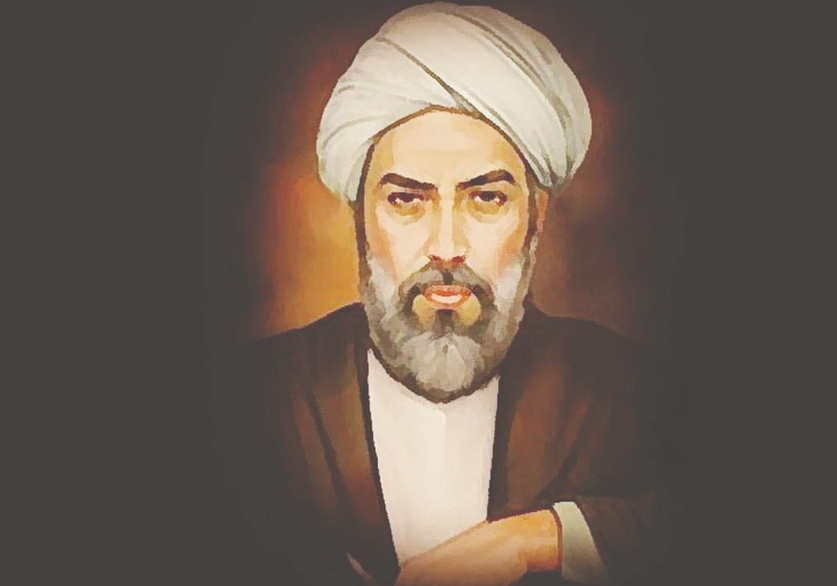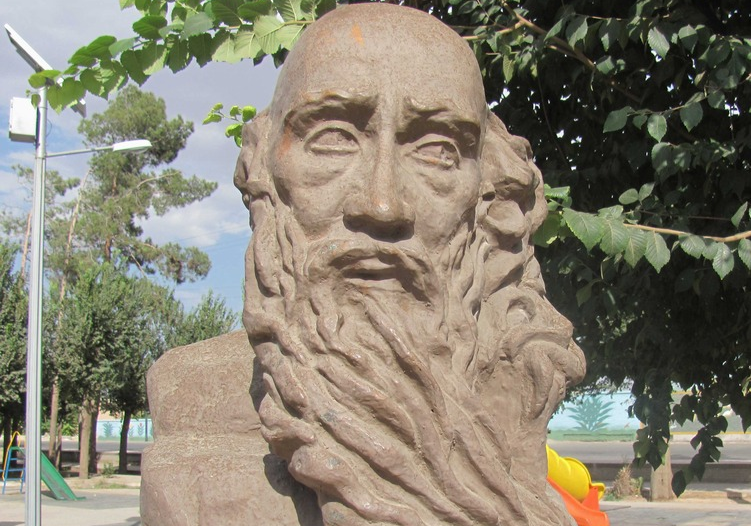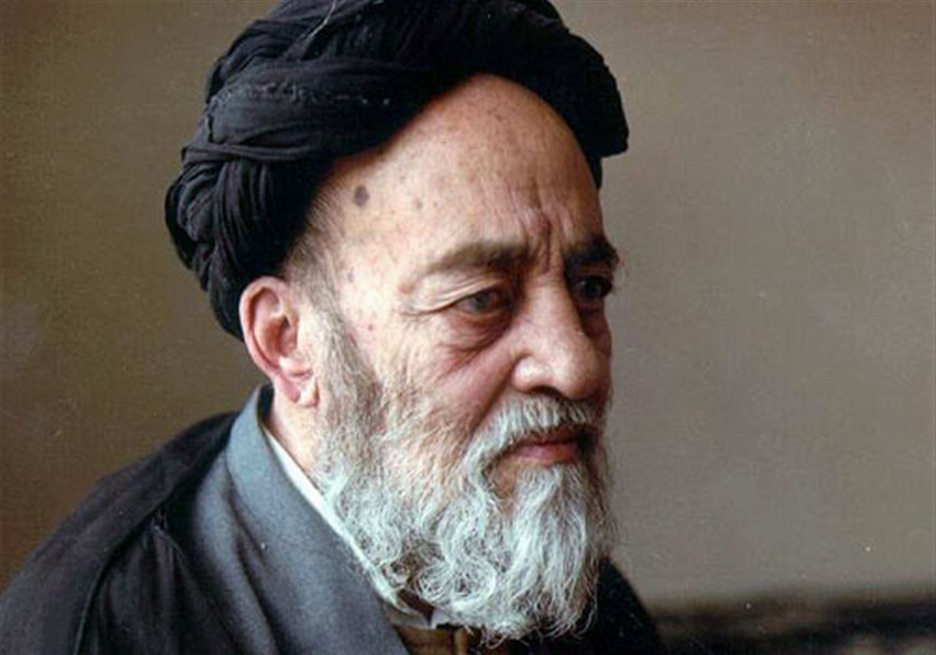
Khwaja Abdullah Ansari’s Supplications: the Climax of Spirituality
“Oh, God! He who loves you gets rid of every other love – He who knows you can’t care about himself anymore – What can one do about his wife and kids once he gets to know You? – You make him crazy and grant him the two worlds – What would one do with the two worlds when he is crazy about You?” This is the translation of a part of Abdullah Ansari’s most famous work, “Munajat Namah”. Abu Isma’il Abdullah ibn Abu Mansour also known as Khwaja Abdullah Ansari and Ansari Hiravi. He was born in 1005 CE in the Kohandez (the old citadel) of Herat. Certainly, he is one of the greatest scientists and mystics in the history of Iran. He studied in a kuttab as a child and knew how to read and write when he was only four years old. He was extraordinarily good with languages and began writing poems in Farsi and Arabic when he was just nine years old. He studied Qur’an and Hadith under the instructions of the likes of “Yahya bin Ammar” and “Taghi al-Sijistani”. To pursue his education further, he traveled to Neyshabur, Tus, and Bastam, and thoroughly worked on compiling hadiths. Meeting with Abu al-Hassan al-Kharaqani was probably the trigger for his interest in mysticism, and the incentive to begin writing some of his works.
Munajat Namah
Abdullah Ansari practiced Sufism under the guidance of a number of teachers. However, nobody managed to influence him like Abu al-Hassan al-Kharaqani. He has said: “Had it not been for al-Kharaqani’s help, I would’ve been unable to distinguish the truth from the self”. He met al-Kharaqani in 1032 CE on his way back from Hajj. Meeting with Kharaqani highly influenced his character and worldview. On the other hand, Abdullah Ansari often paid a visit to Abu Said Abu’l-Khayr. He was a follower of the Hanbali school of thought. Abdullah Ansari’s ideology was chiefly a product of his love for the Almighty God. His “Munajat Namah” is an eloquent work of prose that contains poetry, too. Every supplication in Munajat Namah starts with the wordElahi(meaning “my God”), which indicates God’s pivotal role in Abdullah’s mind and heart. His supplications are derived from the Qur’an, Hadith, and the works of other mystics who lived before him. As a result, Abdullah Ansari’s supplications standardized the works of future generations. Furthermore, he wrote “Tabaqat al-Suffiya” about the lives of prominent Sufi mystics, and “Tafseer Qur’an” which became the basis for Abu’l-Fazl Meybodi’s “Kashf al-Asrar”. Other works of Khwaja Abdullah Ansari include “Anwar al-Tahqiq”, “Kitaab al-Arba’een”, “Elahi Namah”, “Nasayeh”, “Zad-ul Arefeen”, “Kanz-ul Salikin”, “Muhabbat Namah”, “Qalandar Namah”, “Resala-e Waredat”, “Resala-e Del o Jan”, “Haft Hesar”, etc. His works are filled with the desire to reach eternal salvation, self-awareness, and theism. This hard-working scholar combined poetry and prose to create some of the most captivating works of Persian literature.
Style of Writing
Abdullah Ansari’s style of writing is similar to that of Sufi scholars and jurists, particularly Abu Said Abu’l-Khayr. The style is a mixture of prose and poetry. Perhaps, his writings can be best described as tunable works of prose. He lived during the rule of Ghaznavids and Seljuks and was harshly criticized by some scholars of the time. His one-year prison term proved the existing intolerance for his thoughts. Nevertheless, imprisonment did not change his perception of life. Some of the topics that can be derived from his thoughts include the relationship between man’s body and soul, man’s power of choice, differences between human beings, man being the ultimate purpose of creation, man’s trustworthiness, man’s supremacy over other beings, man’s representation of God on earth, man’s natural tendency to search for goodness, etc. Khwaja Abdullah Ansari passed away at the age of 85 in Herat in the year 1088 CE and was buried in the same city.
| JIna | Khwaja Abdullah Ansari’s Supplications: the Climax of Spirituality |
| Nchi | Iran |
| Jina la Utani | Ansari |
| Wakati wa Uzalishaji | Born: May 10, 1006, Died: 1088 (age 82 years) |
| kazi | “Munajat Namah” “Tabaqat al-Suffiya” “Kashf al-Asrar” “Anwar al-Tahqiq”, “Kitaab al-Arba’een”, “Elahi Namah”, “Nasayeh”, “Zad-ul Arefeen”, “Kanz-ul Salikin”, “Muhabbat Namah”, “Qalandar Namah”, “Resala-e Waredat”, “Resala-e Del o Jan”, “Haft Hesar”, |
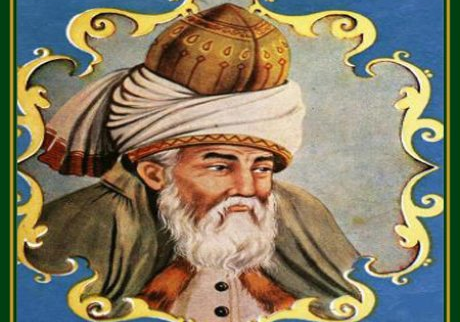
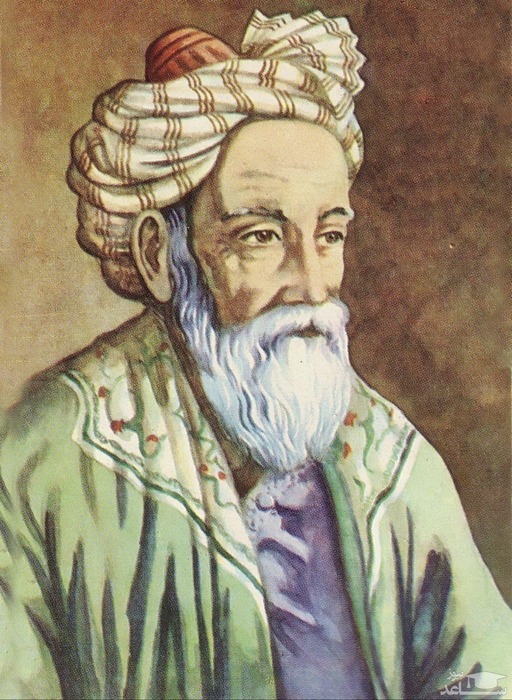
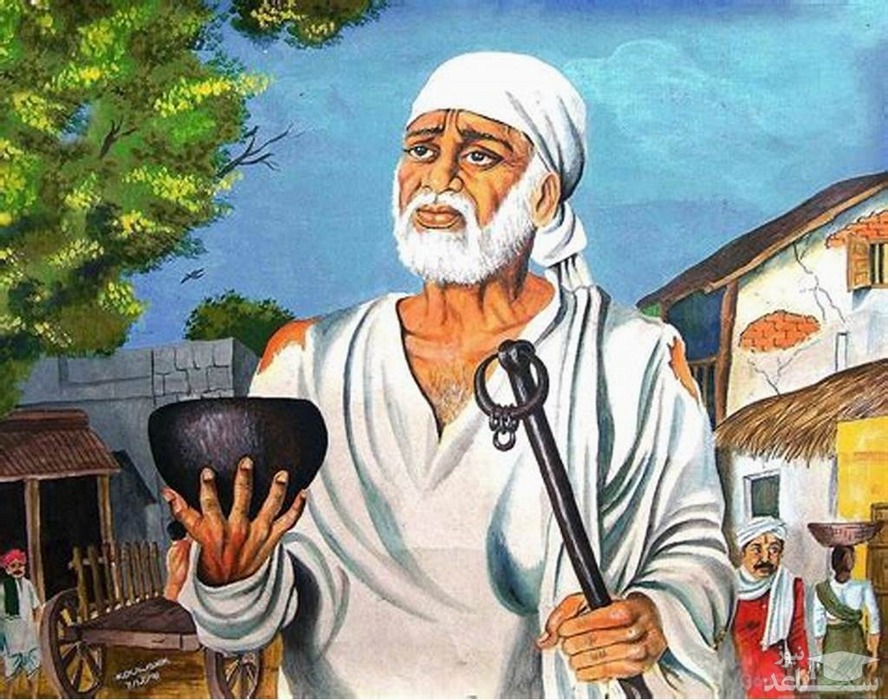
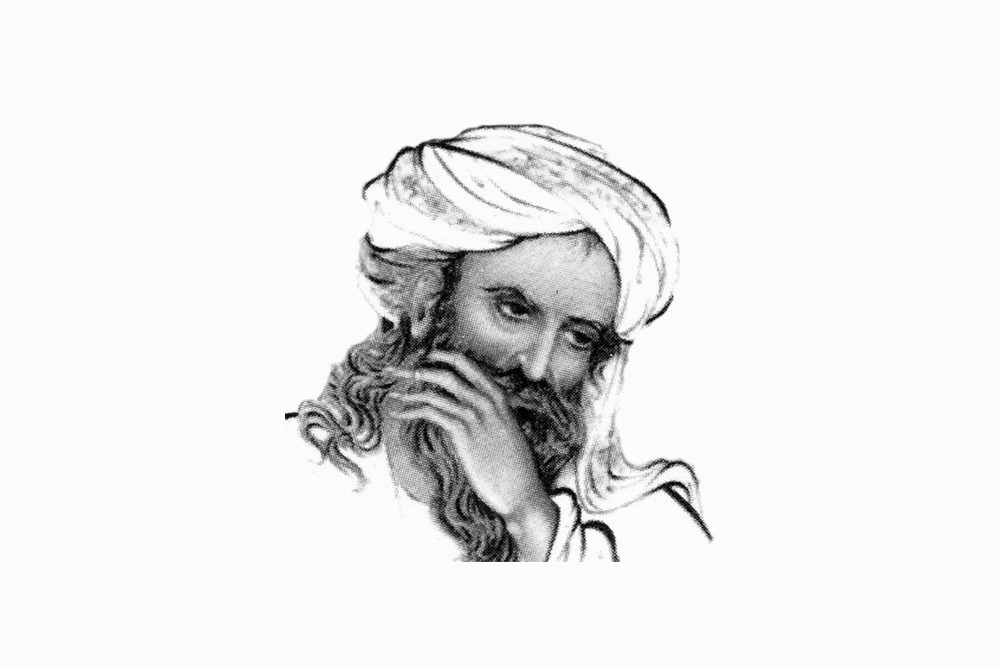




Chagua Kwa Umakini
Upofu wa Nyekndu Upofu wa Kijani Upofu wa bluu Nyekundu Ngumu Kijani Ngumu Kuona Buluu Ngumu Kuona Monochrome Monochrome maalumMabadiliko ya ukubwa wa maandiko:
badilisha nafasi za maneno:
Badilisha urefu wa mistari:
Badilisha aina ya panya:
